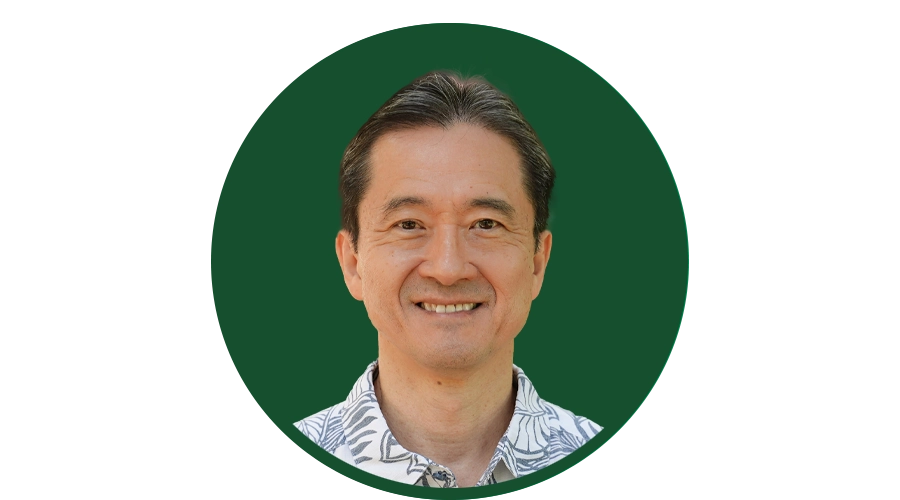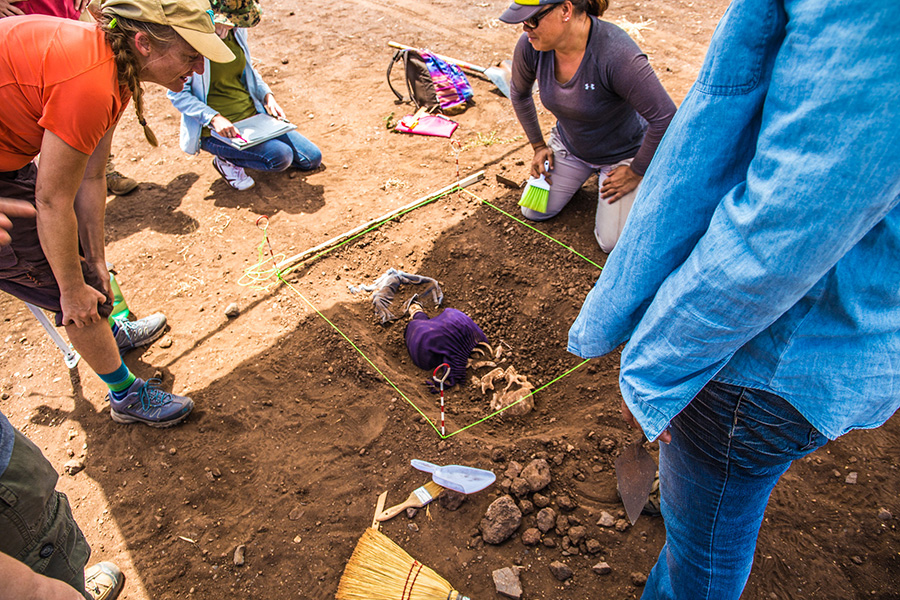
The Department of Anatomy, Biochemistry & Physiology (ABP) provides medical students with a basic understanding of the structure of the human body at all levels of organization from the subcellular level through tissues, organs, and gross relationships of organ systems.
The Anatomy Department also provides undergraduate level instruction in anatomy for paramedical and biological science programs. It maintains a strong group of teacher- researchers to provide consultation and expertise in anatomy and reproductive biology, to instruct medical students, residents and clinicians and for the contribution of basic research to problems of population control. The department also provides training in Biochemistry-Biophysics for a large number of undergraduate, graduate, post doctorate, and continuing education students. Besides the various A.B., B.S., Ph.D., and M.D. candidates, this department provides advanced training for Medical Technologists already working in the field or recent graduates of the medical technology program. It provides instructional services in physiology to undergraduate, graduate and medical students; trains graduate students toward M.S. and Ph.D. degrees in physiology; engages in both basic and applied research in Physiology; and renders services as needed by the local, national and international communities. Our faculty is on the forefront of investigative ograms dealing with the care, treatment, and cure of cancer, cardiovascular abnormalities, nutritional and metabolic disturbances, energy metabolism, and enzymatic mechanisms.
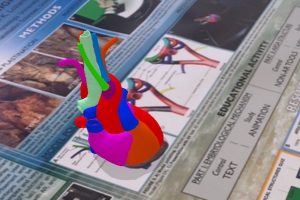
To conduct high-level basic science research, translational research and clinical research in anatomy, reproductive biology, cardiovascular research, and other related fields, and provide the next generation with the best education in life science.
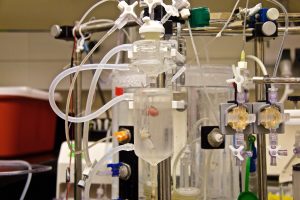
Better Health through Understanding Human Form & Function throughout Life
Discovery: Create new knowledge in the areas of reproductive biology, cardiovascular sciences and other relevant fields
Respect: Open and transparent interchange of ideas between teachers and students
Innovation: Achieve excellence in the study of human form and function
Versatility: Welcome and encourage various perspectives to solve today’s complex health care problems using medical science approaches
Engagement: Partnering with community health care workers to assist them in attaining the training in basic medical sciences to succeed
Nurturing: Encourage and support basic science and health care students to achieve their career goals, particularly in Anatomy, Biochemistry and Physiology
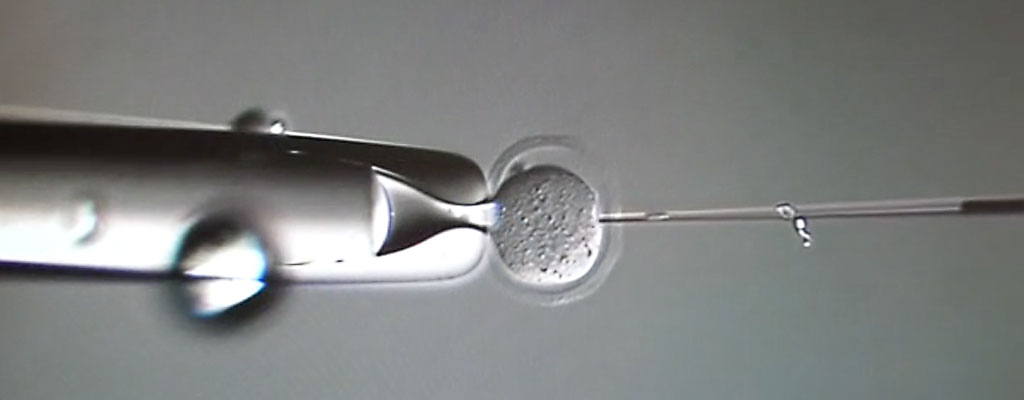 The Institute of Biogenesis Research (IBR) was established in May 2000 for the study of reproductive and developmental biology and to support the academic pursuit of research in these fields. The Institute is the home of high-level reproductive research. It is located within the medical school’s department of Anatomy, Biochemistry and Physiology, and based on the UH Mānoa main campus. Its goals include continuing to improve human in vitro fertilization techniques.
The Institute of Biogenesis Research (IBR) was established in May 2000 for the study of reproductive and developmental biology and to support the academic pursuit of research in these fields. The Institute is the home of high-level reproductive research. It is located within the medical school’s department of Anatomy, Biochemistry and Physiology, and based on the UH Mānoa main campus. Its goals include continuing to improve human in vitro fertilization techniques.
The IBR website is at https://www.ibr.hawaii.edu
